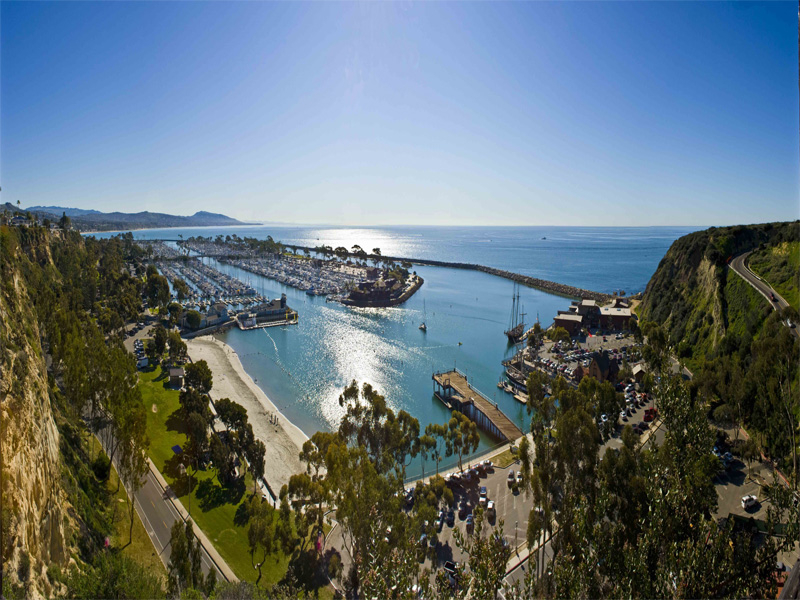Call Today: (800) 410-6552
As a premier cocaine addiction treatment center in Southern California, we provide a comprehensive range of evidence-based treatments tailored to meet each individual’s unique needs. With our team of compassionate professionals and our strategic locations in Southern California, we’re dedicated to helping individuals conquer addiction and rebuild their lives.
Southern California is an ideal location for recovery. Known for its sunny weather and scenic landscapes, the region provides a serene, tranquil setting that promotes healing and personal growth. The warm climate facilitates year-round outdoor activities, which form part of our holistic treatment approach to physical and mental wellness. This conducive environment, coupled with the high concentration of accredited treatment centers and support networks, makes Southern California a favorable setting for cocaine addiction treatment.

SCRC excels in providing an integrative approach to cocaine addiction treatment. We believe in treating and uplifting the individual, not just the addiction and our dedicated team of specialists is committed to providing personalized care that addresses each individual’s unique needs. We incorporate evidence-based therapies, wellness activities, and counseling sessions in our treatment programs to ensure a holistic recovery.
The detoxification stage of cocaine addiction treatment in Southern California ensures safe withdrawal from cocaine. With 24/7 medical supervision, detox facilities manage withdrawal symptoms and provide comfort. Medication-assisted treatments are utilized if needed to help alleviate discomfort and reduce cravings, preparing individuals for the next steps in recovery. We have connections to some of the best detox facilities in Southern California to help you get started the right way.
Following detoxification is rehabilitation, where we tackle the psychological aspects of addiction. At SCRC, we conduct individual and group therapy sessions using evidence-based practices. Additionally, we offer holistic treatments, promoting wellness and teaching vital life skills and coping mechanisms for sustained sobriety.
Sober living facilities offer a supportive, community-focused environment that bridges the gap between treatment and reintegration into daily life. Residents live together, fostering mutual support while reinforcing skills learned in rehab. We partner with sober living homes in the area to provide a comfortable space to fortify clients’ long-term sobriety.

Our Carlsbad facility in San Diego offers exceptional cocaine treatment programs, nestled in a tranquil coastal setting. This serene neighborhood is an ideal environment for recovery, allowing individuals to focus on their journey free from distractions. With the Pacific Ocean as an inspiring background for you, the path to sobriety in our Carlsbad location integrates nature’s calming influence into the healing process.

Southern California Recovery Centers extends its services to Dana Point, a picturesque seaside neighborhood in Orange County. Known for its scenic beauty and quiet ambiance, Dana Point offers the perfect setting for transformative healing. Our facility provides a comprehensive range of cocaine addiction treatments, blending evidence-based therapies and holistic activities, all within the tranquility of this beach community.

At SCRC, we believe that treatment should be accessible and affordable. It’s worth mentioning that we collaborate with multiple insurance providers, which might be good news for you. Our team will help navigate the insurance process, ensuring you utilize your benefits fully. If you’re unsure about your coverage, don’t hesitate to contact us. We’re here to provide guidance and ease the financial aspects of your recovery journey.
Starting your journey to recovery at SCRC is as simple as reaching out. We have a 24-hour hotline, so you can click or call at any time. Our team of compassionate professionals will pace you through the details of admission and answer any questions you may have. We know that everyone deserves a chance at recovery, and we’re ready to help you navigate this path.
Cocaine addiction is a chronic disease. It is characterized by the compulsive use of cocaine despite harmful consequences. This substance use disorder can result in severe physical and psychological health issues, including heart disease, stroke, and mental health disorders.
Common signs include frequent nosebleeds, loss of sense of smell, increased energy, rapid speech, extreme mood swings, and changes in behavior or appearance.
Treatment typically involves a combination of detoxification, therapy (including cognitive-behavioral therapy), medication (where appropriate), and long-term follow-up to prevent relapse.
The time spent in detox varies depending on the individual’s usage pattern and overall health. Duration can vary from a few days to a few weeks.
Therapy helps address the underlying issues that contribute to addiction and teaches coping strategies to prevent relapse. It often includes individual, group, and family sessions.
While there’s no ‘cure’ for any addiction, it can be effectively managed. With comprehensive treatment and ongoing support, individuals can achieve long-term recovery.
While some individuals may quit independently, professional help is typically recommended due to withdrawal symptoms and high relapse rates. Treatment centers provide medical, psychological, and emotional support.
Aftercare is a vital part of treatment. It often involves continued therapy, support groups, and lifestyle changes to support long-term recovery and prevent relapse.
Accreditations
